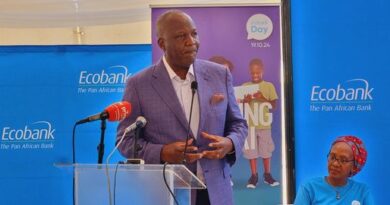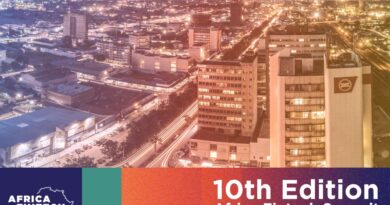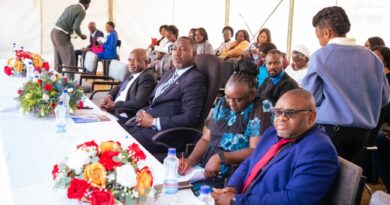Zambia and Brazil Unite to Transform Agriculture Through Innovation and Trade
A high-level Zambian delegation has returned from a transformative agricultural mission to Brazil, marking a major milestone in the country’s efforts to modernize its agriculture sector through international partnerships and innovation.
Led by Minister of Finance and National Planning, Dr. Situmbeko Musokotwane, and Minister of Agriculture, Hon. Reuben Mtolo, the delegation engaged with Brazilian government officials, farmer cooperatives, and research institutions in the Federal District of Brasília.
The visit aimed to explore Brazil’s successful agricultural models and identify opportunities for adapting similar approaches in Zambia, particularly along the emerging Lobito Railway Development Corridor.
The mission culminated in the signing of a landmark Memorandum of Understanding (MoU) between the governments of Zambia and Brazil. Signed by Minister Mtolo and Brazil’s Vice Minister for International Relations, Sr. Luis Rua, the MoU lays the foundation for a comprehensive partnership in agricultural development.
Key focus areas include crop production, livestock, fisheries, aquaculture, agricultural mechanization, biofuel feedstock, and private sector engagement. It also promotes joint research, technology transfer, and increased trade between the two countries.
Reflecting on the mission, Silvia Giorgio Mauri, Senior Agriculture Specialist at the World Bank Group Zambia Office, emphasized the importance of transferring research into practical outcomes for farmers. “Research has been critical for Brazil’s agricultural development,” she noted, “but what stood out was how this knowledge is effectively applied on the ground, through technical assistance and the empowerment of smallholder farmers.”
She highlighted the critical role of cooperatives in Brazil’s rural economy, where small farmers collaborate to produce, market, and negotiate collectively, thereby enhancing their market power and profitability.
The Zambian delegation included senior officials from the Ministry of Finance, Ministry of Agriculture, and the Presidential Delivery Unit, as well as technical experts from the Public Private Dialogue Forum and the World Bank. Their mission focused not only on learning but also on forging a new path for Zambia’s agricultural transformation.
According to Minister Mtolo, a Brazil-Zambia Joint Committee will be established to oversee the implementation of the MoU, ensuring that the partnership delivers measurable results aligned with Zambia’s Vision 2030 goals.
This collaboration signals a new era of South-South cooperation, where countries like Brazil and Zambia leverage shared experiences and environments to develop innovative, climate-smart agricultural systems.
The visit has also set the tone for continued engagement ahead of the Brazil-Zambia Business and Investment Symposium scheduled for October 2025. This virtual event will target Brazilian investors and stakeholders interested in Zambia’s growing agriculture, energy, and logistics sectors, especially along the strategic Lobito Corridor.
With a clear focus on sustainability, technology, and inclusive growth, the Zambia-Brazil partnership represents a bold step toward creating a resilient and commercially viable agricultural sector, one that uplifts smallholders, strengthens food security, and builds prosperity across borders.



